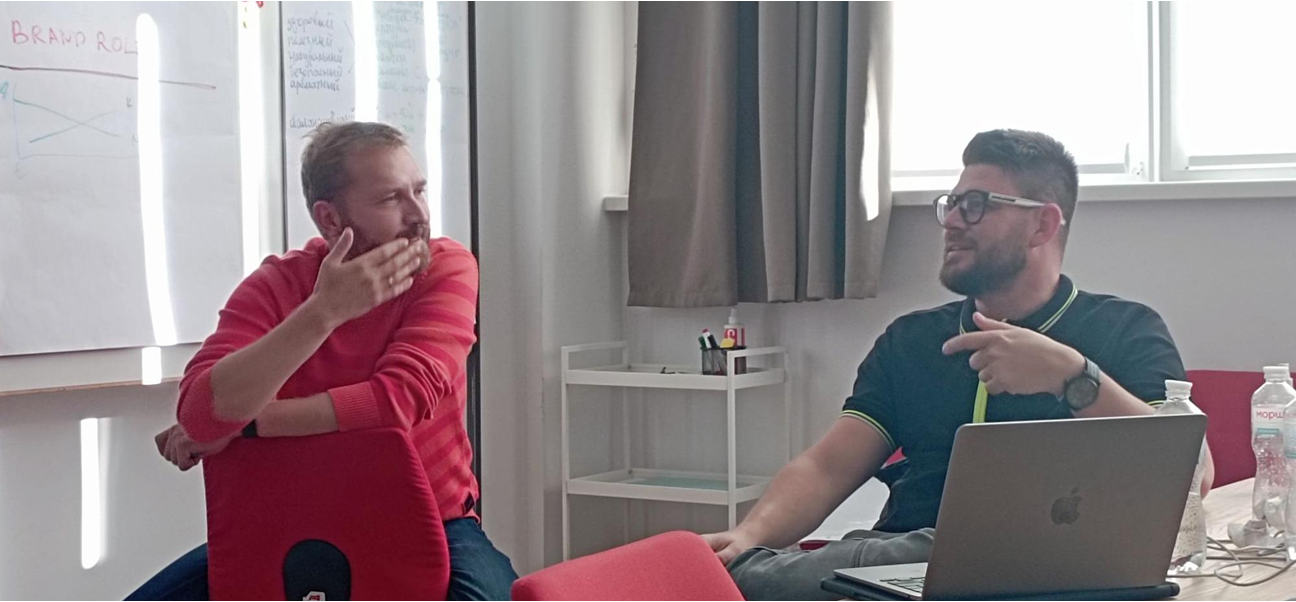
Why should a brand strategist understand psychology when searching for insights?
Because without it, you’re not uncovering truth—you’re just collecting data.
Most founders we meet are drowning in data. You’ve got dashboards, surveys, focus groups, Google Analytics, NPS scores. And all of it looks neat, rational, and clear. But here’s the uncomfortable truth: people don’t buy rationally.
Real insights don’t live in spreadsheets. They live in the contradictions:
- In the tension between what people say and what they actually do.
- In the pause before they answer.
- In the flicker of relief when they realize your product solves something they didn’t want to admit was a problem.
If you don’t catch those signals, your strategy becomes generic. You’ll end up with “better quality,” “more convenient,” “tastes great” — the same empty words every competitor uses.
What Founders Often Miss
Here’s the unconventional part: your customers don’t care about your product the way you do. They don’t sit around thinking about features, roadmaps, or unit economics. They care about what your product says about them.
- Does it make them feel competent?
- Does it make them look smart in front of their boss?
- Does it reassure them they won’t make the “wrong” choice?
If you ignore psychology, you’ll keep optimizing features while someone else builds the brand that makes people feel understood. And they’ll win.
A Story From the Field
When we worked with VisionFund, a financial institution entering Ukraine, entrepreneurs told us their top concern was “low interest rates.” Rational answer. But as we listened closer, the truth emerged: what they wanted was security. Someone who wouldn’t disappear when the economy turned volatile.
So we didn’t position VisionFund around price. We built it around trust and resilience. Within six months, brand awareness rose 30%.
That pivot didn’t come from data—it came from psychology.

What This Means for Founders
If you’re a founder, here’s the shift: stop asking “what do my customers want?” and start asking “what’s the unspoken tension they’re living with?”
Because customers rarely buy the thing itself. They buy what the thing resolves:
- A fear of missing out.
- A need to feel in control.
- A desire to belong.
Ignore this, and you’ll keep fighting over features. See it, and you’ll build a brand that people remember, defend, and recommend.
The Difference Between Guessing and Seeing
A brand strategist without psychology is like a chef without taste buds. You can plate the dish, you can follow the recipe—but you’ll never know if it works.
With psychology, strategy becomes clarity. You stop guessing. You start seeing. And that’s what allows you to lead teams, inspire customers, and scale beyond the noise.
Final Thought
At Concepto, psychology isn’t an add-on. It’s the lens that turns research into real insight, campaigns into conversations, and brands into relationships.
Because in the end, people don’t connect with “data-driven messages.” They connect with the brands that see them.









